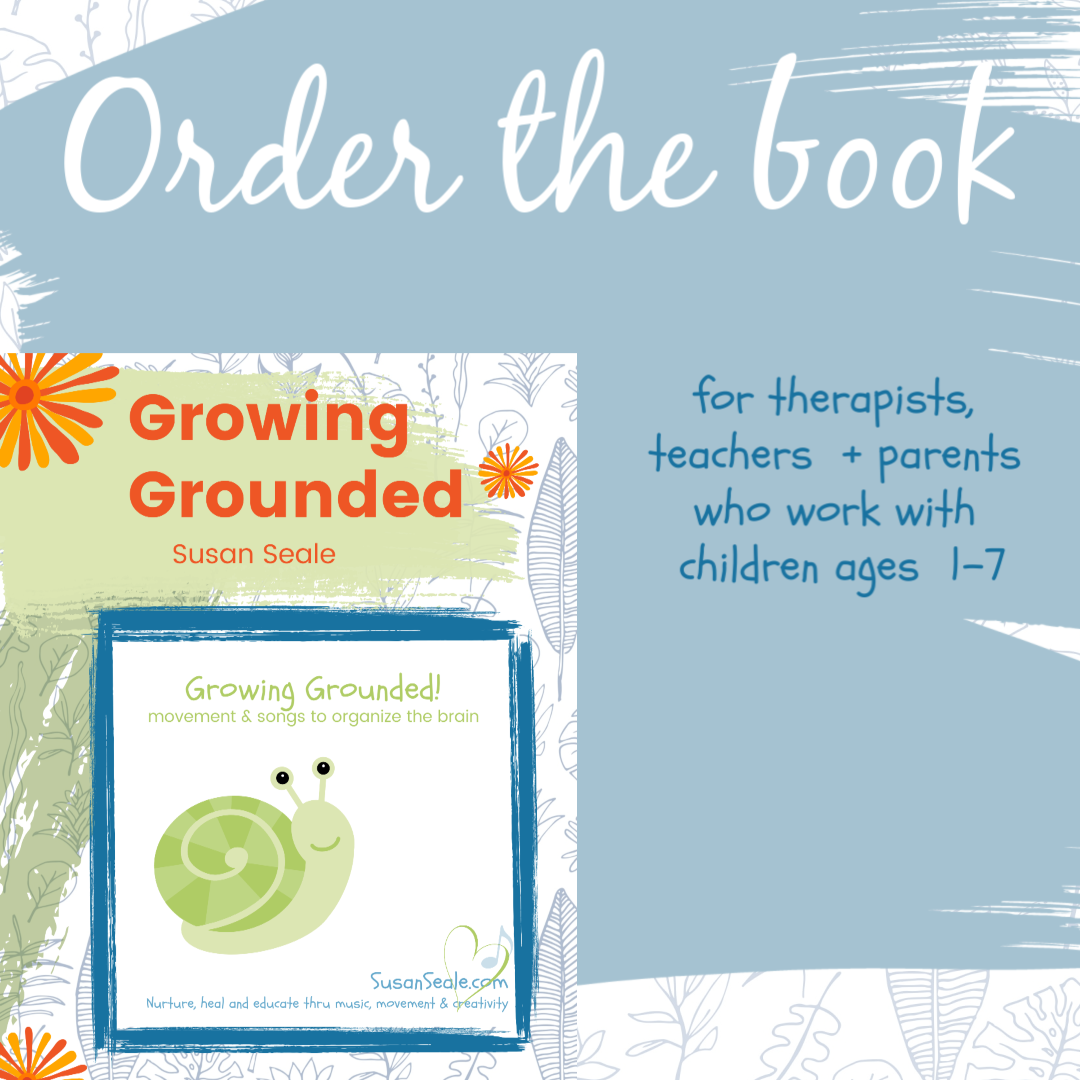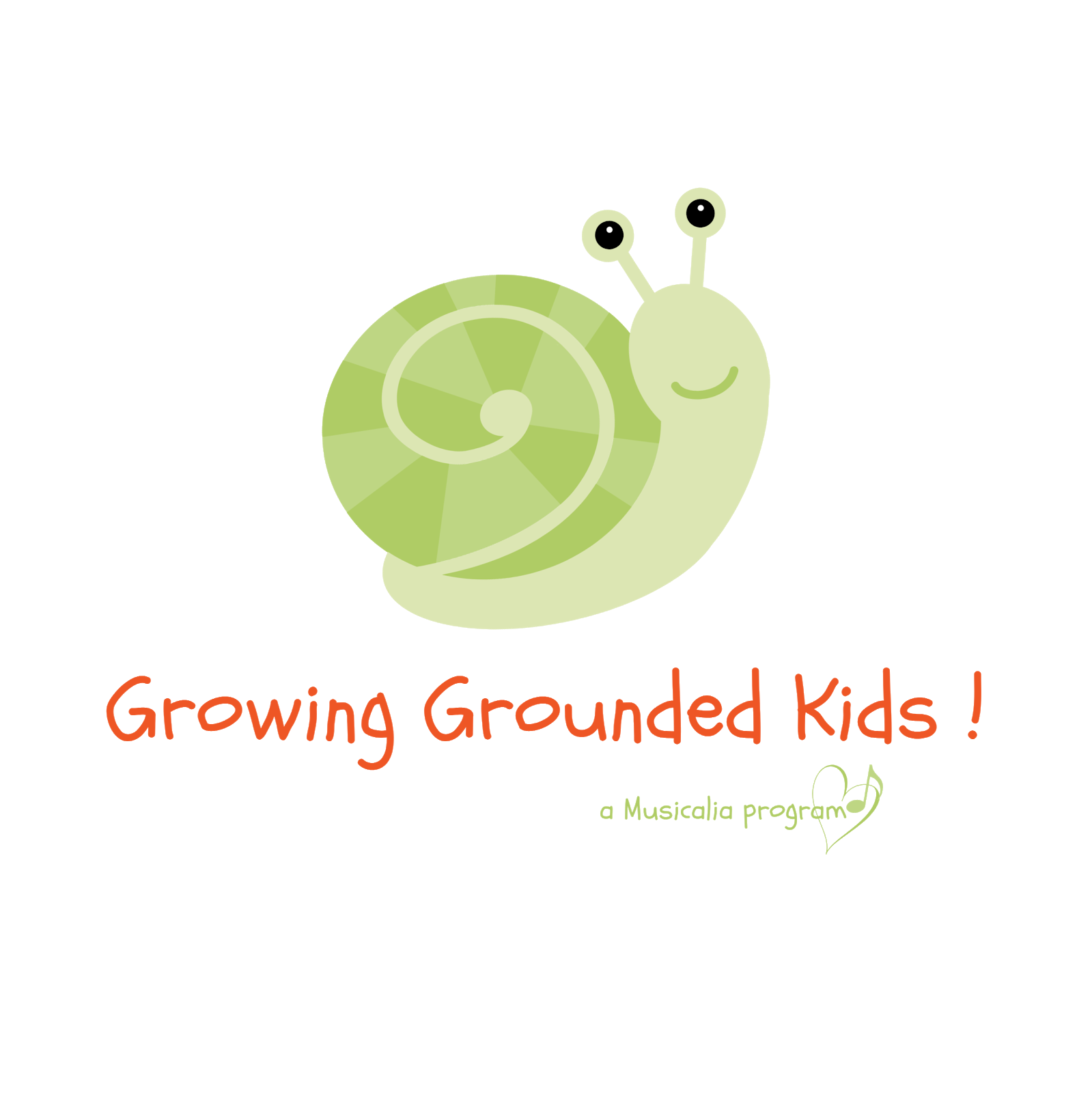Have you ever heard of KinderBach?
It's a piano program for preschoolers that is available online at KinderBach .com and can also be shipped as a package to your home. There are packages for use at home and also for preschools and daycares. I watched the videos available to families but do not know what is offered for preschool centers. If you run a preschool, maybe you'd like to check it out.
Now, I haven't used this program with children but I am always interested in programs that use modern technology and animation. I can not see myself using any of them for many reasons...most of them being lack of "musicality" and "healing" reasons. (I think of healing as "wholing" or "making whole" or "whole learning".)
Except...
I think there are many families that could make good use of these kind of home-study programs with their children. With a "daypass" from KinderBach you can watch and listen to almost every lesson available for one day. I did this. (yes...I probably could have found things more interesting to do on a Sunday...but this is what I ended up doing...and it was fun:).
Here's my initial take on the home program:
Pros
Pros
- I think many children (preschool and primary ages) would love this kind of fun, animated, colorful program.
- Inexpensive due to the fact you revisit and rewatch any lesson at any time and several children can watch the lessons simultaneously.
- Inexpensive due to the fact parents can provide a small electronic keyboard or even a paper keyboard to start .
- Lovable characters that help to teach every concept from beat, rhythm, melody, notation
- Some catchy tunes/arrangements.
- PDF downloads for children to color that support concepts taught on the online video.
- It's a discovery program not a performance program which keeps learning fun and playful.
- Excellent alternative for parents who are housebound (for whatever reason) with small children and can not get out the door to a real teacher.
- The child does need an adult to assist with organization of some materials. I think this is a good thing. For some parents this will be a con!
- I enjoyed Karri Gregor. She is the creator and voice behind the lessons. I like her pink crocs!
- Lessons progress very slowly and for most young children this will be great.
- Excellent method to convey extremely basic music theory concepts regardless of what instrument you are learning.
- Offers a more valuable way to spend time in front of screen than watching most children's TV shows.
- Even adults could learn about music with this program. My husband was riveted by Dodi the Donkey and his home in between the 2 black keys. :)
- There is an introduction to composing through "Bach Talk".
- I LOVE finger football...the coaches help children learn about fingering...it made me laugh!
Cons
- My personal dislike of the kind of electronic music in this program is that there is nothing really "healing" about it. My husband asked to turn off the sound after a few minutes...so I used headphones...but even I turned off the sound and ended up reading some of the lessons.
- Acoustic learning offers something that is just unavailable with modern technology at this point. So this program doesn't fall into my sense of acoustic instrumental learning.
- To complete this program you have to sit with a computer screen or TV. The physical vibrational and emotional effects of sitting with a real person (as opposed to a computer or TV) are healing (even if you don't think you need any "healing") and unless an attentive (key word here is attentive) parent sits with the child during the whole program you don't get this healing with the program.
- To complete this program you have to sit with a computer or TV. The physical vibrational effects of touching and hearing an acoustic keyboard are healing (even if you don't think you need any "healing") and you don't get this with the screen program KinderBach.
- The immediate feedback a child receives from a real teacher just can not be offered by a computerized program
- No real experience improvising or playing in real time with a real musician. All those non-verbal cues and emotional learnings are most effectively learned from a real person and are some of the most valuable skills a musician can possess. Children improvise right from their very first lesson if I'm involved.
- Learning to play piano this way is primarily a "visual" learning and not so much "auditory" learning.
Would I recommend this to parents?
More Pros than Cons according to my review EXCEPT for me the cons carry more weight than the pros. I will definitely tell the parents at my studio (even parents of my piano students) about this program. It may be interesting to some of them and a nice resource to have in the house...rather than watching TV. I know it's not going to be that attractive to them though. They are choosing to make the effort to leave their homes so their children have the opportunity to spend.time.with.me. If you are a teacher...I recommend letting as many people as possible know about these programs because it gives so much more value to the developmental-people work you are doing and that you are excellent at doing!
Learning technique and theory are valuable and really can be conveyed by machines and computer programs but the intangible learnings seem to be absorbed by hanging out with real people.
Ever wonder why piano is always offered in these kinds of computerized children's programs and not violin? harp? cello? ocarina?
I think it's because piano can be taught visually and music theory is easier to teach with visuals. Often the most musical musicians don't play piano...they've had to learn music with their ears and hands not as much with eyes.
Just interesting to me!




































